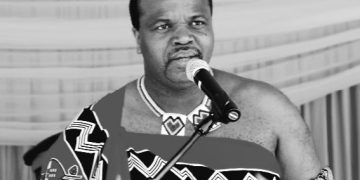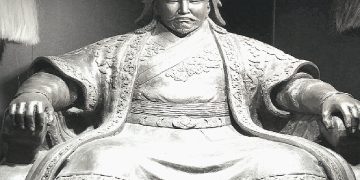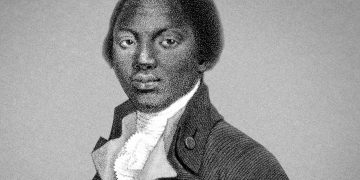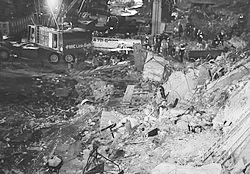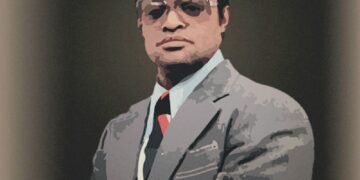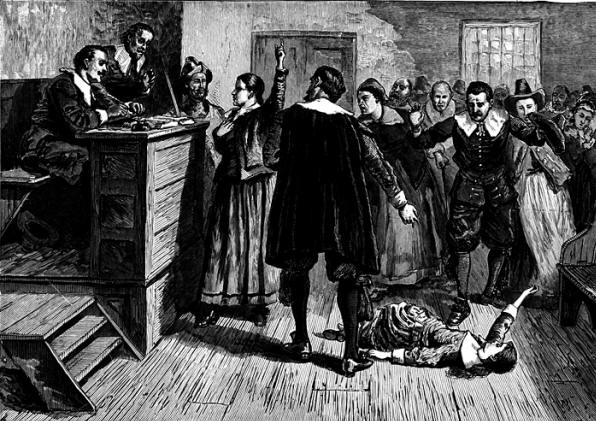The development of the Concorde supersonic aircraft was joint venture between the British Aircraft Corporation and the French Aerospatiale established by an Anglo-French treaty in November 1962.
Construction began in 1965 and the plane had its first test flight on 2nd March 1969 flying from Toulouse in France. In October 1969 Concorde made its first supersonic flight.
It was hoped that orders for the new plane would flood in from other countries but concern about rising fuel prices and the effect of noise pollution meant that orders fell below expectation.
Concorde began operating scheduled flights in January 1976.
In 1983 the British government sold the British Concorde, which had lost money every year, to British Airways. British Airways increased ticket prices and by 1985 reported a profit on the aircraft.
On 25th July 2000, Air France flight 4590 crashed at Paris killing 100 passengers and 9 crew. The subsequent flight crash investigation revealed a mechanical fault in the aircraft to be the cause.
Following the investigation a number of modifications were made to the plane and the new design made its first test flight in July 2001. The plane went back into operation in November 2001.
In April 2003 both British Airways and Air France announced that the plane would be retired from service. The reasons given were lower passenger numbers following the Paris Crash and the 9/11 terrorist attack.


